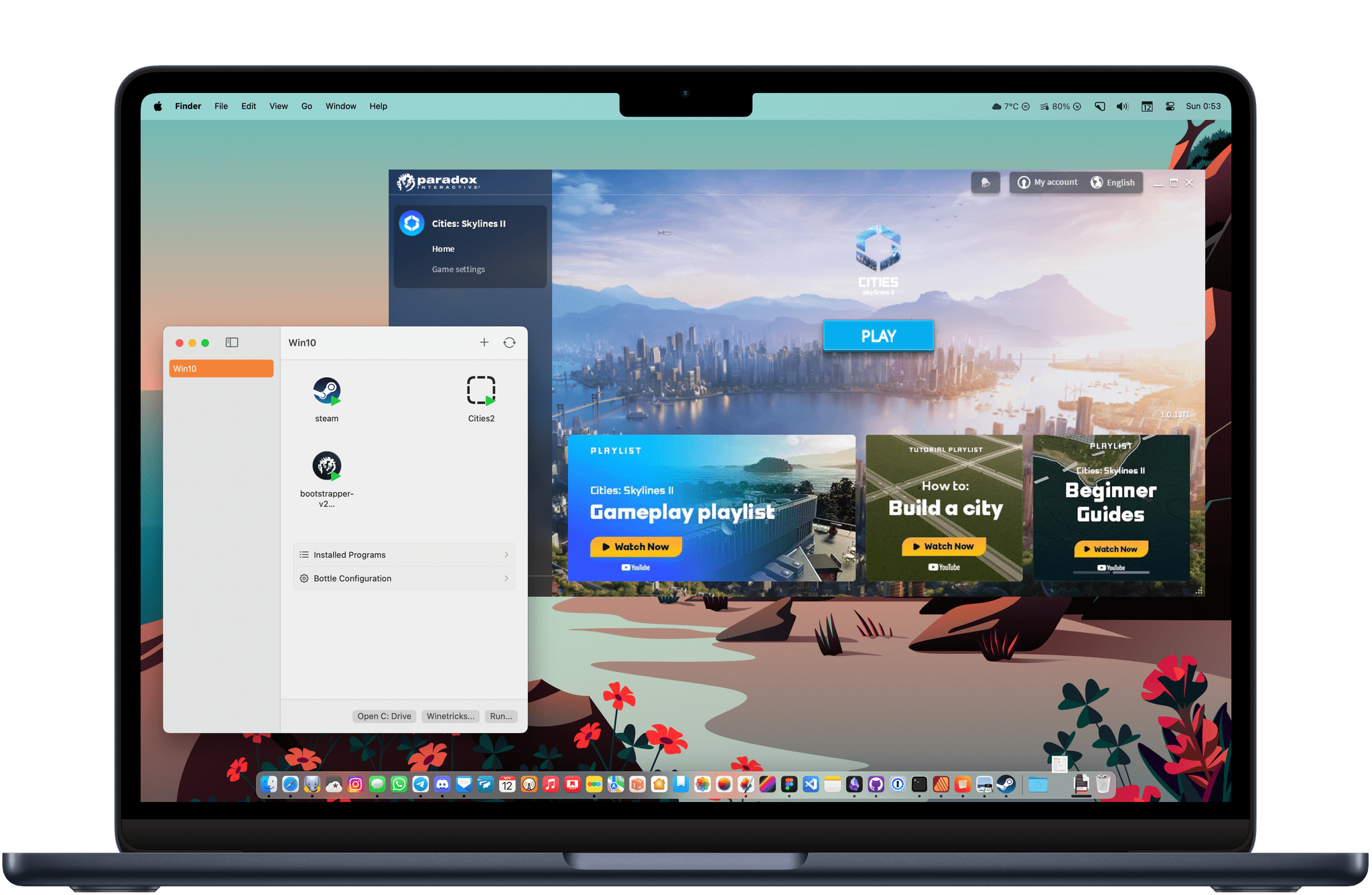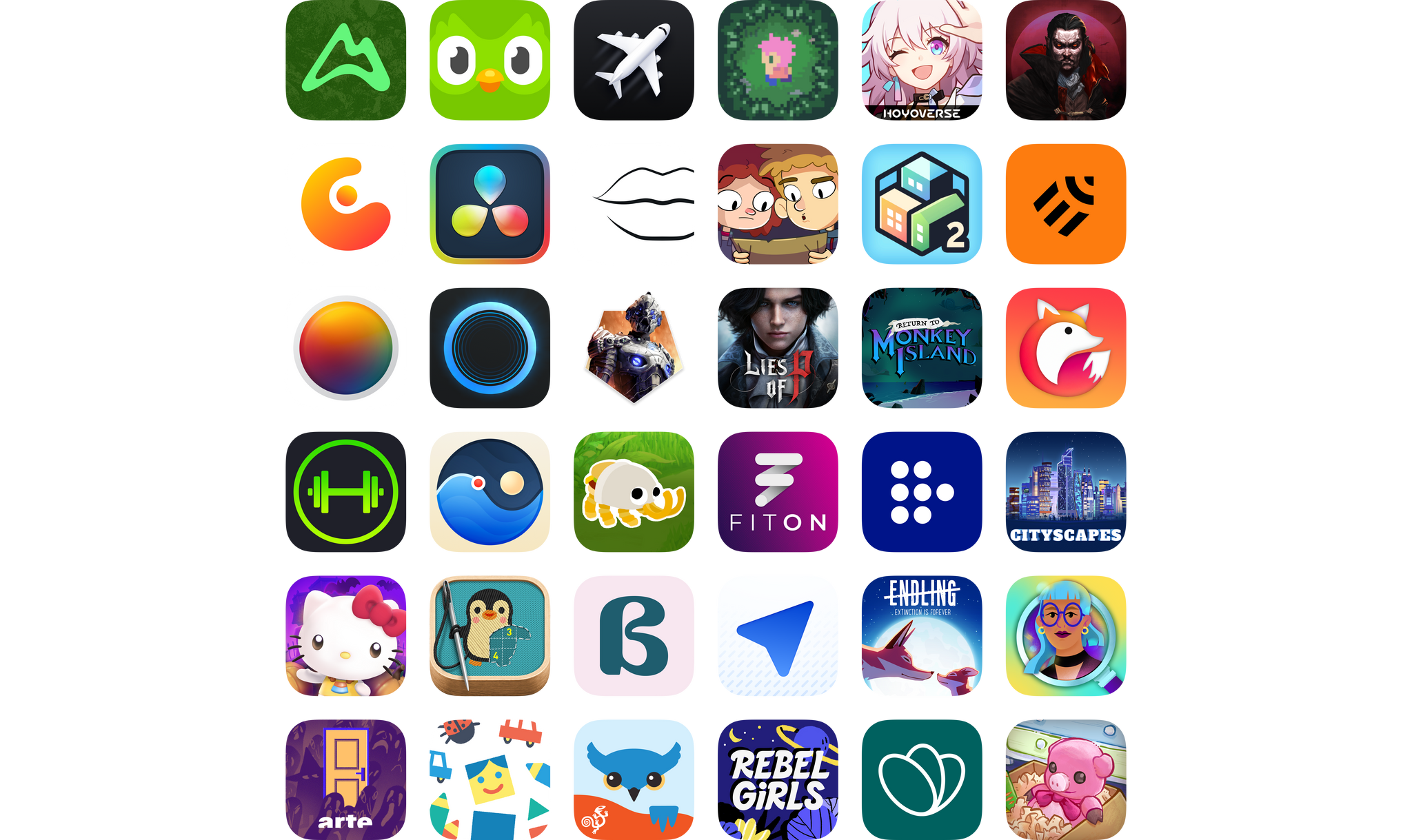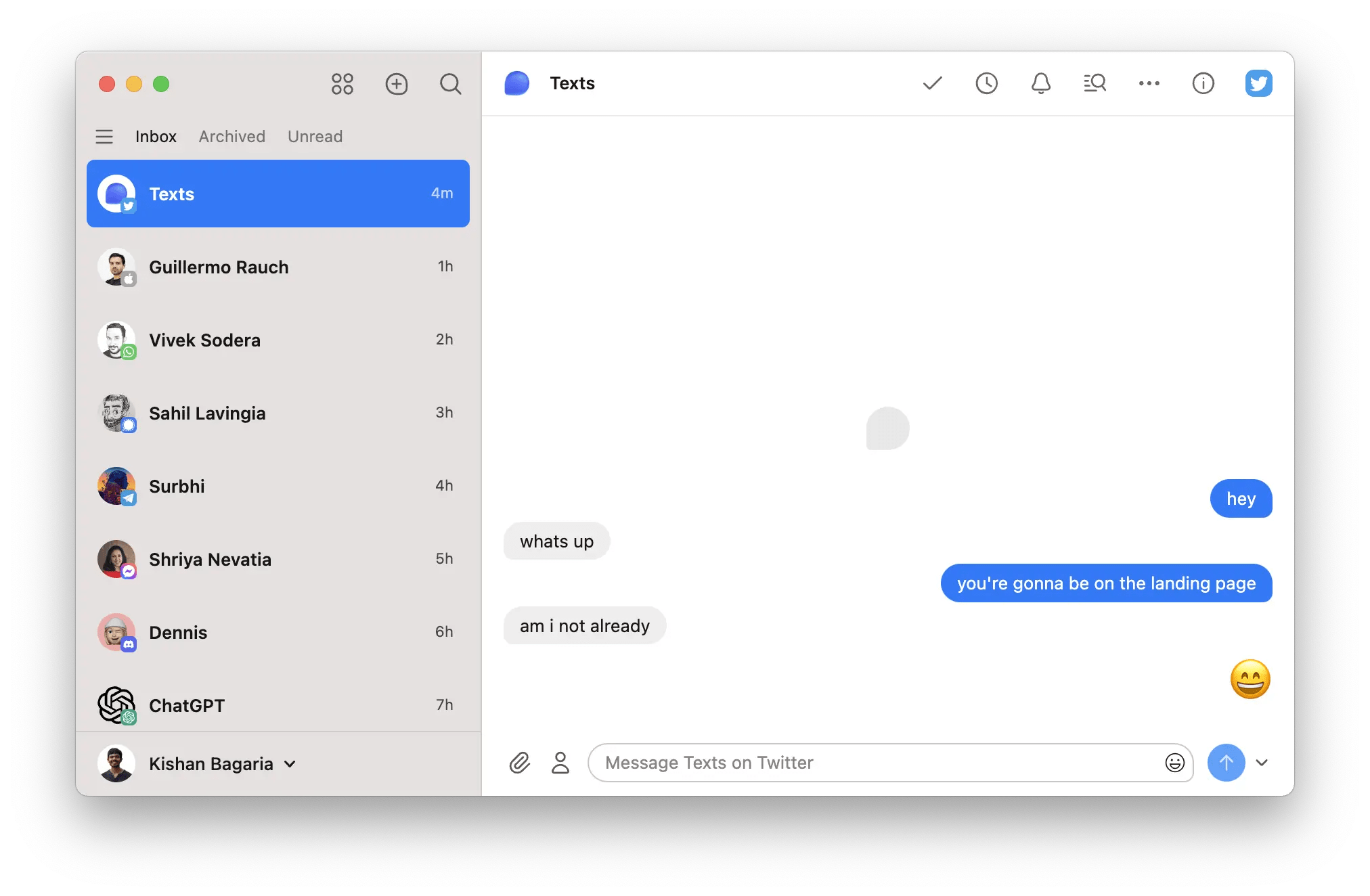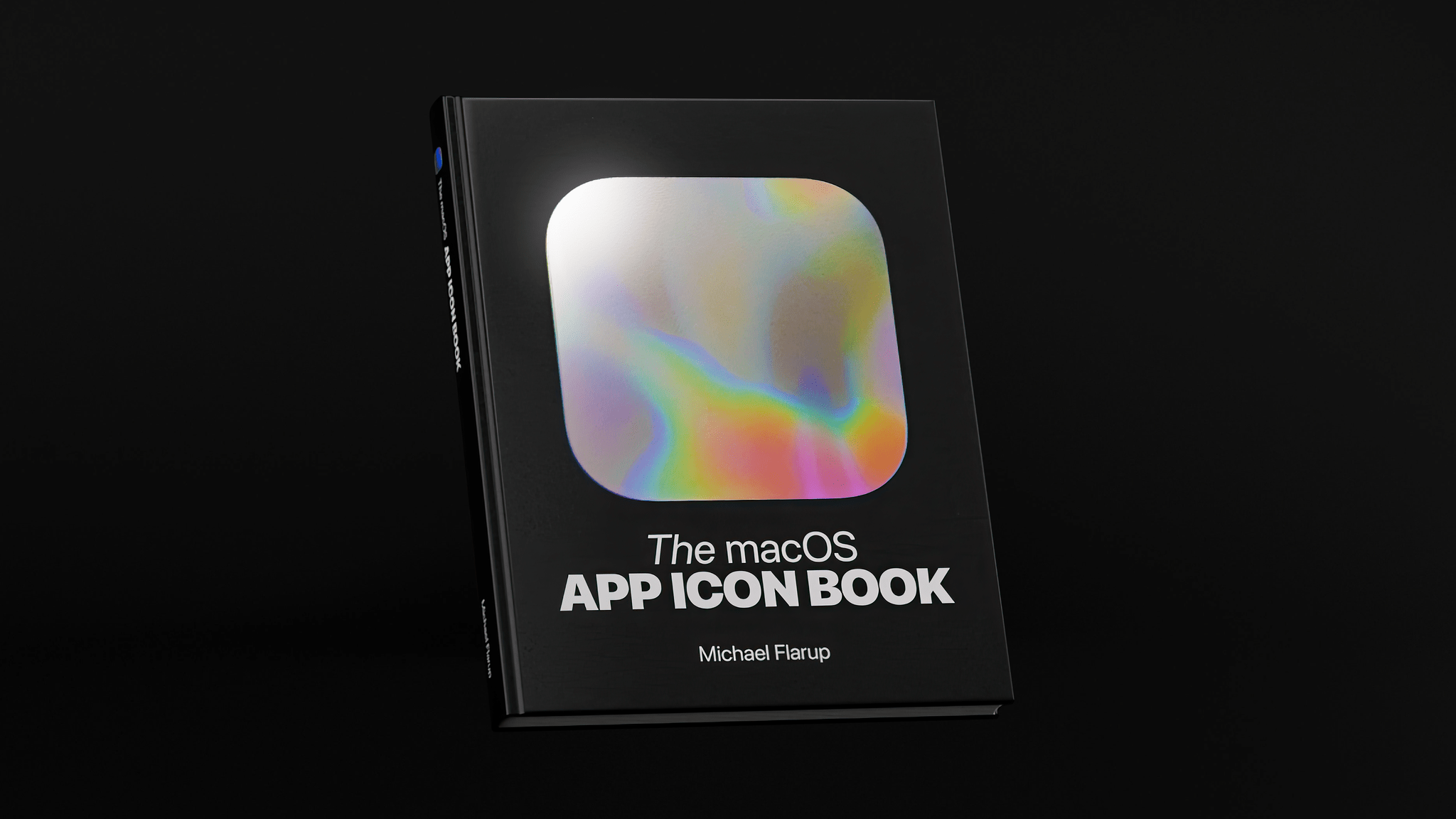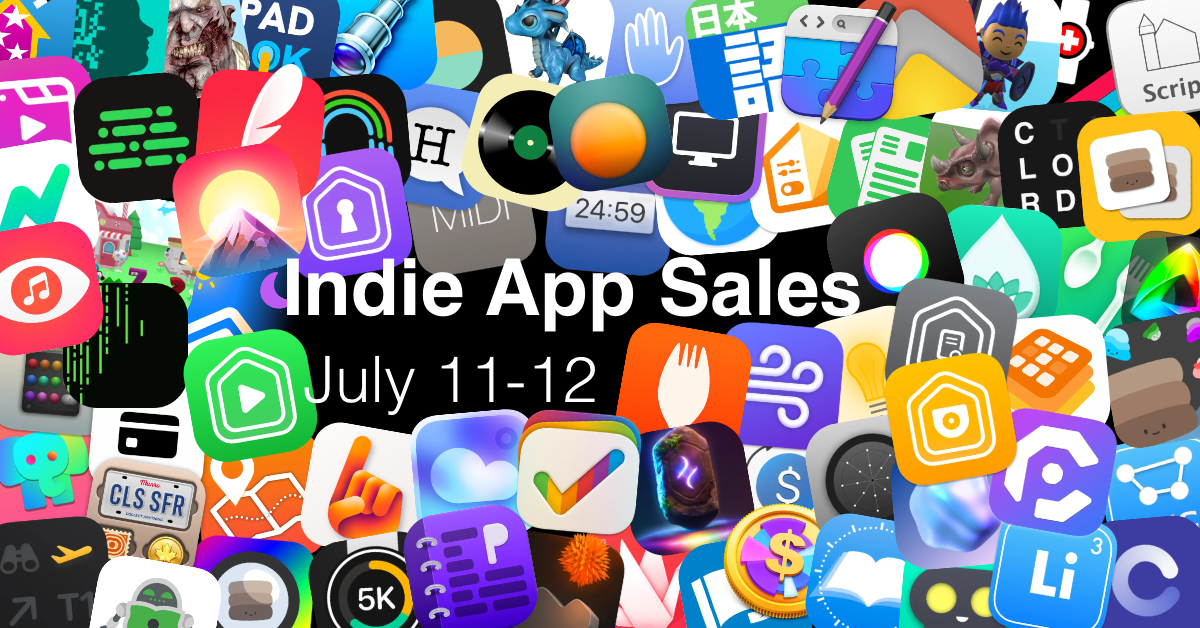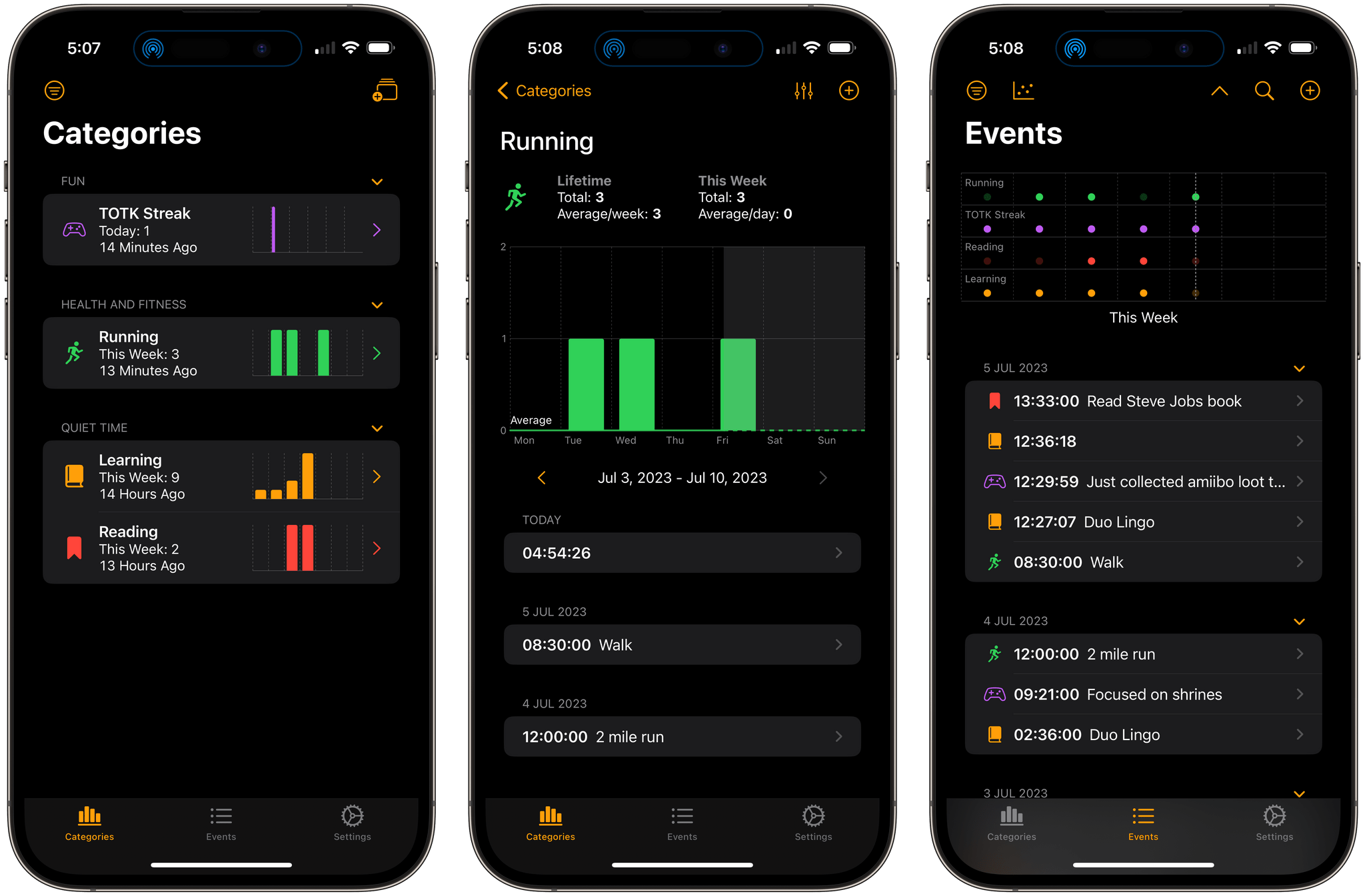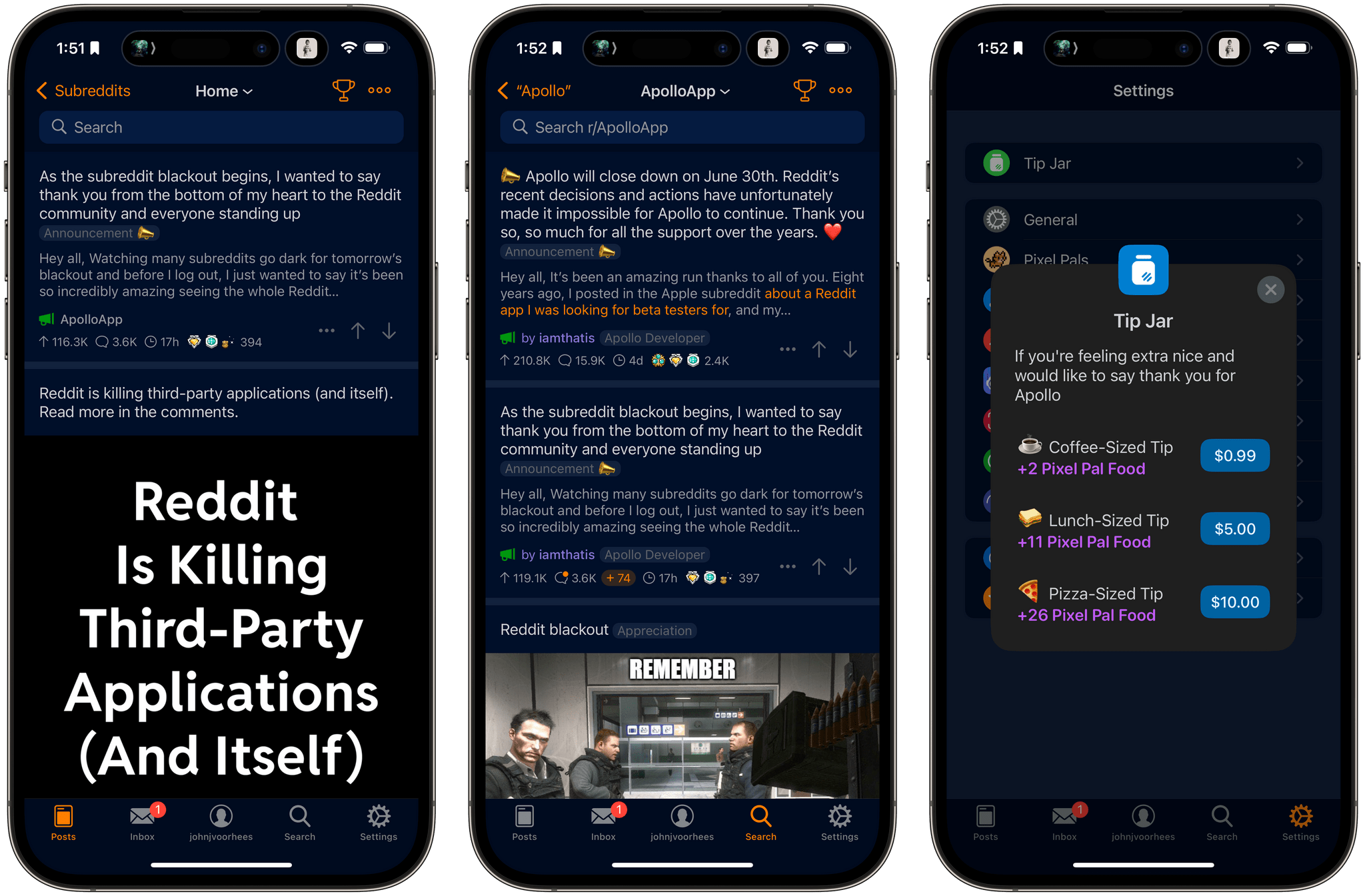I have always been a huge fan of city-building games. The first video game I ever played was SimCity 3000, on my uncle’s bulky PC running Windows 2000. I then went on to play SimCity 4 throughout middle and high school. Sadly, EA’s reboot of the franchise in 2013 was a sizable disappointment, and has lead fans to love Cities: Skylines instead, a newcomer to the genre.
Cities: Skylines was released in 2015 simultaneously on Windows, Mac, and Linux. I have fond memories of playing the game on my newly purchased 13-inch MacBook Pro. It was my companion during numerous train trips I took across France and Germany that winter. Although the MacBook Pro’s battery would probably have been depleted in 20 minutes if it were not for the presence of power plugs in most trains, the fact that it launched and ran on my Mac without compromise was impressive.
I was eagerly looking forward to the release of Cities: Skylines 2 this year. After reading a number of positive reviews, I knew I would want to play the game as soon as possible. Unfortunately, Paradox Interactive threw a wrench in my plans: Cities: Skylines 2 is currently exclusive to Windows, and the company has not yet announced any plans to release the game on macOS.
This year at WWDC, Apple released the Game Porting Toolkit, a software translation layer that can help game developers easily port their Windows games to the Mac. It seemed the toolkit was allowing users to launch their favorite Windows games on their Mac with surprising ease. Intrigued, I wanted to test it out to see if I could play Cities: Skylines 2 on my M2 MacBook Air.


